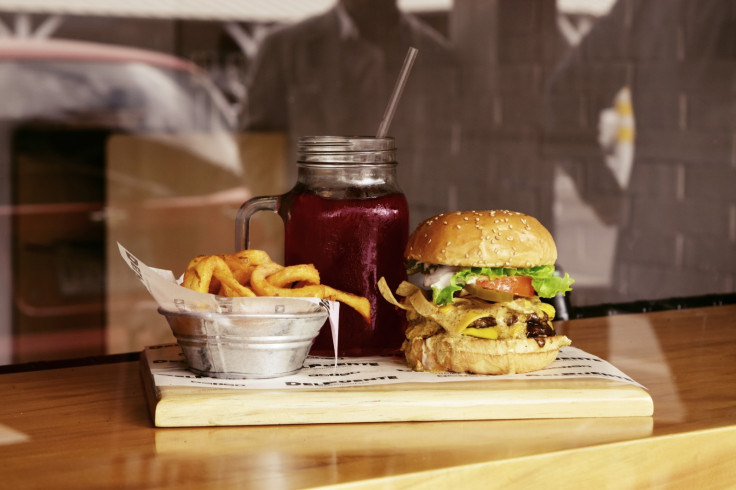Ultra-processed foods such as bread, breakfast cereal and ice cream increase cancer risk: Study
highly processed food items are laced with colourants, sweeteners, and preservatives.
A new study by Cancer Research UK and the World Cancer Research Fund has shed light on how food items that have become a part of our daily diet can increase the risk of cancer.
Ultra-processed foods (UPFs) like breakfast cereals, mass-produced bread, ready-to-eat meals, ice creams, and ham have been linked to a higher risk of various types of cancer.
Ultra-processed foods are food items such as frozen meals, fast food, packaged cookies, cakes, candies, and salty snacks. These food items are laced with colourants, sweeteners, and preservatives to extend their shelf life.
The study was conducted on over 197,000 people in the United Kingdom and found that every 10% increase in ultra-processed food in a person's diet led to a 2% increase in their chances of developing any type of cancer. However, the risk of developing ovarian cancer was 19%.
It was also discovered that as the consumption of highly processed foods increased, so did the number of deaths. For each 10% increase in UPF consumption, the risk of death from any cancer increased by 6%. In this case too, the risk of dying from ovarian cancer was higher at 30%.
"Ultra-processed foods are everywhere and highly marketed with cheap price and attractive packaging to promote consumption. This shows our food environment needs urgent reform to protect the population from ultra-processed foods," said Dr Kiara Chang, one of the researchers involved in the study.
Dr. Panagiota Mitrou, director of research and innovation at the World Cancer Research Fund, said that the study adds to "the growing evidence linking these foods to cancer and other health conditions." The researchers have called for front-of-pack warning labels.
The latest study is not the first one that has shown an association between UPFs and the risk of cancer. In 2018, a study by a team of French researchers also found that highly processed foods were linked to cancer.
Scientists assessed the diets and medical records of almost 105,000 adults who took part in the NutriNet-Sante cohort study. This tracked their intake of 3,300 different foods between 2009 and 2017.
A 10% increase in the consumption of what researchers deemed "ultra-processed" foods appeared to contribute to a 12% increase in cancer. However, both studies have acknowledged that further research is needed to better understand the effects of different types of processing.

© Copyright IBTimes 2025. All rights reserved.






















